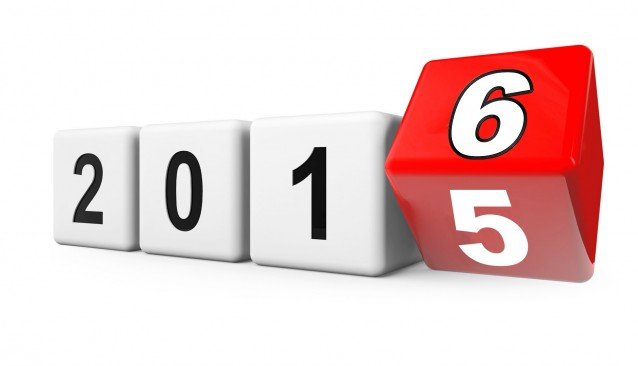
It isn’t easy being huge as both Apple and Microsoft are starting to realize. Both companies are incredibly successful and I’m not here to say either is in real danger, but both are suffering major structural challenges that will hurt them in 2016. What’s key for these predictions is how they respond.
I’ll deal with Microsoft first because there the challenges and solutions are both clearer than they are with Apple. I’ve been very impressed with Microsoft CEO Satya Nadella who I think hasn’t saved the company, because it didn’t need saving, but he’s a real improvement over Steve Ballmer. Nadella has done the best he can to get Microsoft in order and reinvigorated, not an easy job. His major remaining challenges involve Windows Phone and Windows 10.
Windows Phone is a failure and Microsoft has had enough hacks at gaining that #1 or #2 spot it needs in the mobile market that it is probably time to give up. We’re seeing movement in this direction as Microsoft increases its support for iOS and, especially, Android. If there’s a prediction here it is that Windows Phone will die in 2016 and Microsoft will remake its mobile effort more along the lines of what IBM has been trying to do in its so-called partnership with Apple. There’s plenty of opportunity helping businesses with mobile applications so that’s where Microsoft will logically head. In the meantime there remains the headache of what to do with Ballmer’s final failed acquisition, Nokia’s phone business. Sell it? Write it off? Spin it off? Beats me.
Then there’s Windows 10, which has been a fantastic success almost entirely because it is a free upgrade. Apple can get away with making OS upgrades free because Apple makes lots of money on the hardware on which that OS runs. But Microsoft is a software company and at some point it probably expects to start charging for Windows 10. My gut says that won’t work well enough to fit Microsoft’s business plan, which means a crisis will ensue.
Microsoft is almost unique in its historic ability to leverage an operating system as a driver of market dominance. The only other company that even comes close in this regard is Red Hat. Some reversion is probably in order here and Windows may cease to be the business driver it has been in the past. I’m not saying Windows is going away, but the trend of Microsoft extracting a greater and greater percentage of the profit from every new PC sale is probably over. There just isn’t that much profit to be shared, for one thing. And for another the entire PC market has probably peaked. Microsoft’s business is shifting, possibly to the cloud. It will be interesting to see how it reacts as this unfolds in 2016.
Now to Apple, a company that appears from the outside to be entering a management crisis. Apple needs to pioneer new market categories because the international expansion that has driven the company’s growth for the past five years is almost complete. But Apple is not like other companies so here’s where we have to ask a fundamental question: does Tim Cook give a damn about Wall Street? I simply don’t know. Every other business writer would say that he does give a damn because, well, that’s what CEOs of huge public companies are supposed to do. But I’m not sure Cook does care. Nor am I even sure he should care. In fact I’m pretty sure he shouldn’t.
If Tim Cook does care about Wall Street then he should step up his game, do something dramatic, and show the world anew that he is the logical successor to Steve Jobs. But you know it wouldn’t surprise me if Cook gave up his CEO job this year, moved to chairman, and let someone else worry about Apple day-to-day.
More likely, though, we’ll see 2016 as a year when Apple responds to this growth challenge not through new products or cutting costs (Apple’s sales-per-employee are so high that cutting costs is close to useless) but through financial engineering. Cook isn’t going to be rushed into anything. And if we ignore products and markets for a moment Apple’s greatest challenge is that $200 billion in cash it holds, mainly offshore. Cook and Apple hope for a tax amnesty of sorts because they don’t want to pay an $80 billion tax bill. President Hillary is unlikely to give such a gift to Apple so some other strategy will probably be required.
Let’s think of this in a different way. Forget that the company is Apple. If any company with that much money stashed overseas went to Goldman Sachs for help what advice would they get? The rocket scientists at Goldman would come up with some complicated scam involving derivative securities and special purpose entities to serve the dual purpose of lowering Apple’s tax exposure while satisfying shareholders through share buybacks and rising dividends. IBM has shown how to play these games, propping-up its stock for years and Apple can easily do the same. Which is to say for Apple 2016 is likely to be a year of such shenanigans while waiting for new products that will actually come in 2017.

